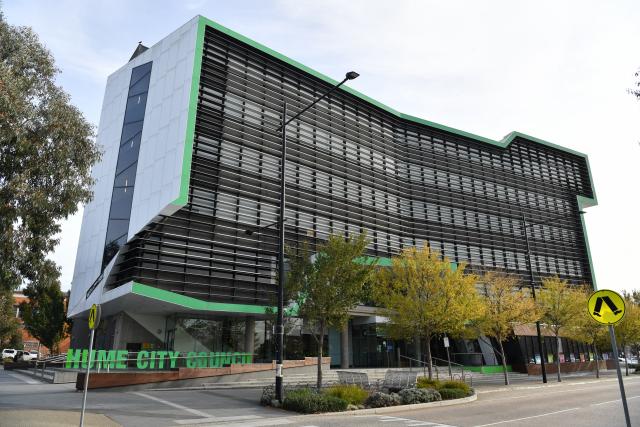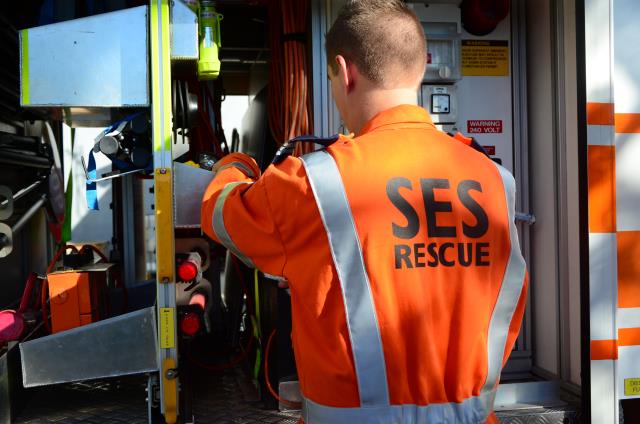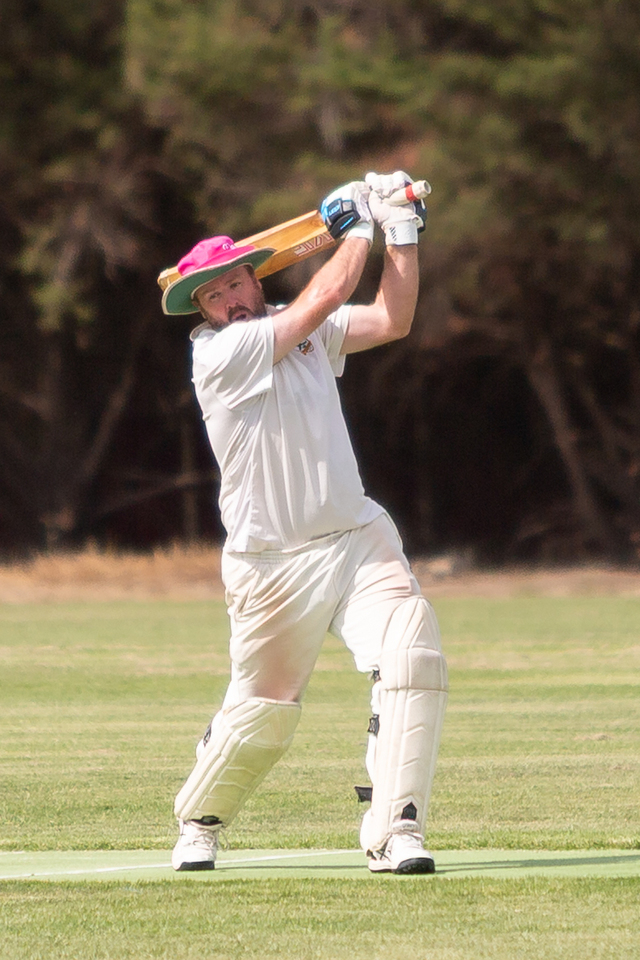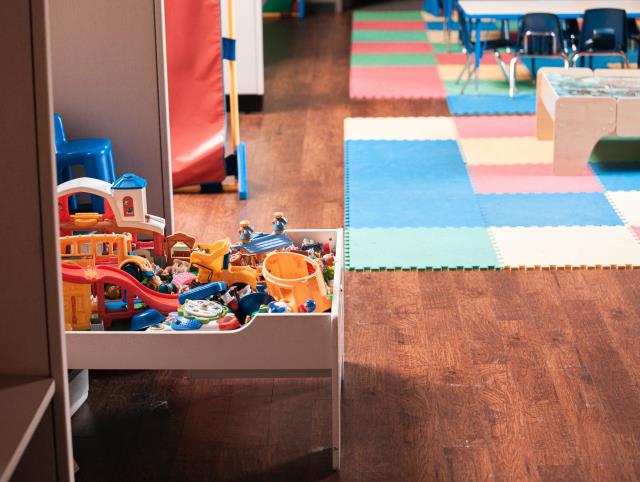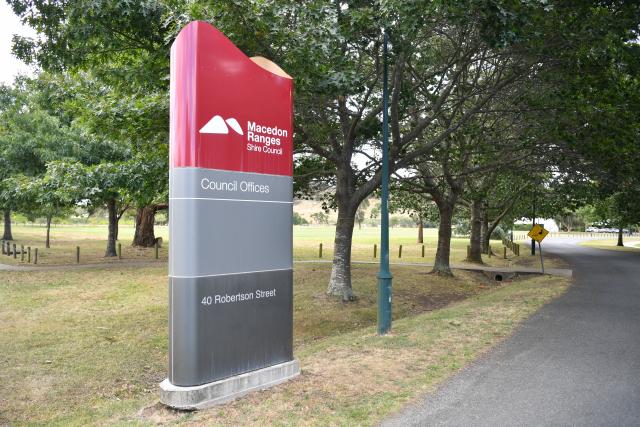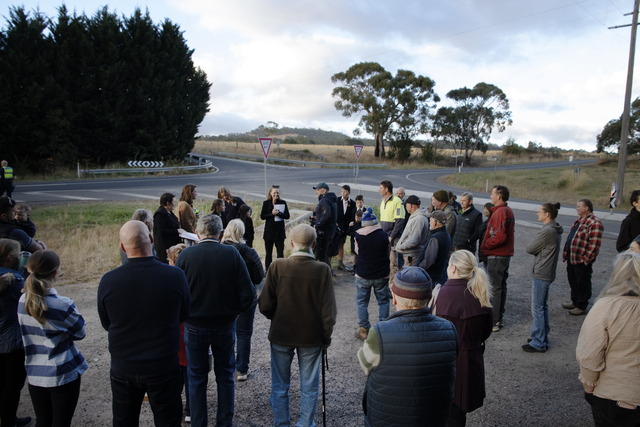There is no doubt there is a lack of childcare places available for kids living in McEwen, and recent data has revealed electorates with high rates of developmentally vulnerable children have a shortage childcare availability.
Fifty-one per cent of McEwen residents live in a childcare desert, which means there are more than three children vying for every childcare place.
The new report from the Mitchell Institute says 16.4 per cent of children in McEwen are classified as ‘developmentally vulnerable’.
Developmental vulnerability is measured every three years by the Australian Early Development Census, which looks at physical health and wellbeing, social competence, emotional maturity, school-based language and cognitive skills, as well as communication and general knowledge.
Report author Dr Peter Hurley said early learning can “overcome disadvantage”, and help kids to catch up before school, but the recent findings indicated a “big problem”.
“Because there is a lot of evidence that shows children who start school behind, stay behind,” Dr Hurley said.
Liberal McEwen candidate Richard Welch said his plan to secure 20,000 jobs in the region would increase the availability of childcare, but that it was “not enough to have a childcare policy by itself”.
“We need a plan for jobs, sports facilities and essential services that provide the bedrock for stable families and strong communities,” Mr Welch said.
“That’s why childcare is an essential part of my plan for a strong economy and a stronger future for McEwen.”
The report said all major parties are offering to subsidise rates, but policies to address issues such as geographical childcare access, low sector pay and staffing challenges were lacking.
The seat’s sitting Labor MP Rob Mitchell said there was “not a mum across the region who hasn’t experienced this problem”.
“Our policy will scrap the $10,560 child care subsidy cap which often sees women losing money from an extra day’s work, lift the maximum child care subsidy rate to 90 per cent, and increase the child care subsidy rates for every family earning less than $530,000,” Mr Mitchell said.
He added that Labor would ensure a Productivity Commission review of child care and an examination of the relationship between funding, fees, profits and educator salaries.
Romsey resident Liam, who didn’t want to publish his surname, is a father of three kids, and said a lack of childcare for his five-month-old twins has prevented his wife from going back to work full-time.
“It’s just tough because in a family, especially with modern day costs of living, the opportunity to have both partners work is pretty important,” he said.
“The price of living just continues to rise.
“That’s been the biggest challenge for us, that we can only get two days’ care for the three.”


